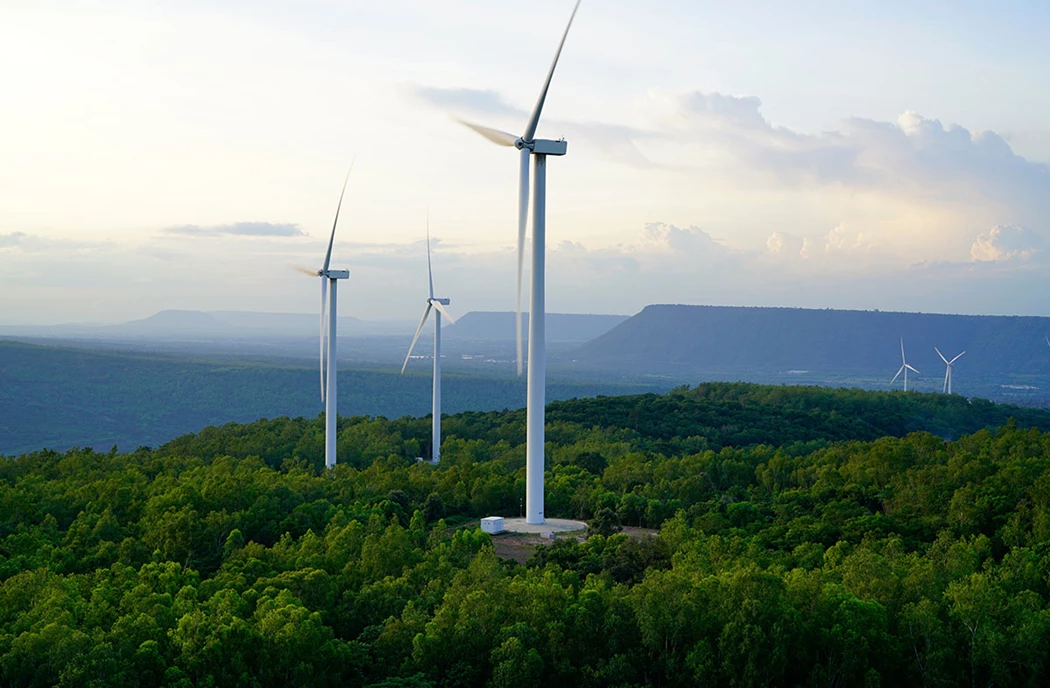Troubled U.S. Carbon-Sucking Startup Goes Looking for New CEO
(Bloomberg) -- Global Thermostat, once a leader among a fledging group of startups focused on carbon-dioxide removal, announced a new leadership structure on Friday that effectively sidelines Graciela Chichilnisky, the co-founder and chief executive officer who colleagues had faulted for mismanaging the business and its technological development.
The company said in a statement that it will split Global Thermostat commercial business off from a new nonprofit arm focused on the development of carbon-removal policies. Chichilnisky will head up the nonprofit, and Global Thermostat will seek a new CEO.
“We are now well positioned, through the for-profit division, to vigorously pursue our commercial objective, said Edgar Bronfman Jr., the executive chairman of Global Thermostat, in a press release.
- EARLIER: Carbon-Sucking Startup Global Thermostat Been Paralyzed by Its CEO
Global Thermostat specializes in technology known as direct-air capture, meaning equipment that pulls CO2 directly from the air. This approach is different and more complicated than conventional carbon capture, which traps greenhouse gas from smokestacks. The company's reorganization comes just as a bipartisan infrastructure law passed by U.S. Congress late last year is set to pump billions of dollars into projects focused on direct-air capture.
The new law includes $3.5 billion dedicated to creating four regional U.S. hubs for the technology, each of which will house equipment needed to transport and store CO2. Global Thermostat had for years been the most prominent direct air capture startup in the U.S. and should have been poised to reap the benefits of federal spending.
But current and former Global Thermostat employees, as well as investors and other business partners, told Bloomberg last year that years of mismanagement had cost the company dearly. Despite a highly publicized partnership with ExxonMobil, for instance, Global Thermostat had struggled to make its technology significantly more efficient or reach large-scale deployment.
Company insiders detailed a toxic corporate culture punctuated by the failure or abandonment of a series of major projects, which they attributed largely to Chichilnisky's approach to management. Those who had worked on projects with Global Thermostats prototypes said the machines could capture at most a few thousand tons of CO2 from the air per year, not much more than the first models built nearly a decade earlier.
Global Thermostat main competitors, Carbon Engineering Ltd. in Canada and Climeworks AG in Switzerland, have raised more money and set out plans for much larger-scale deployment. In recent years, Global Thermostat has also missed out on carbon-removal purchases by companies, including Stripe Inc. and Microsoft Corp.
- READ MORE: Biden's $3.5 Billion Bet on Carbon Capture Was the Easy Part
More stories like this are available on bloomberg.com
©2022 Bloomberg L.P.
KEEPING THE ENERGY INDUSTRY CONNECTED
Subscribe to our newsletter and get the best of Energy Connects directly to your inbox each week.
By subscribing, you agree to the processing of your personal data by dmg events as described in the Privacy Policy.
More renewables news

With Trump Looming, Biden’s Green Bank Moves to Close Billions in Deals

GE Vernova Expects More Trouble for Struggling Offshore Wind Industry

Climate Tech Funds See Cash Pile Rise to $86 Billion as Investing Slows

GE Vernova to Power City-Sized Data Centers With Gas as AI Demand Soars

Longi Delays Solar Module Plant in China as Sector Struggles

Australia Picks BP, Neoen Projects in Biggest Renewables Tender

SSE Plans £22 Billion Investment to Bolster Scotland’s Grid

A Booming and Coal-Heavy Steel Sector Risks India’s Green Goals

bp and JERA join forces to create global offshore wind joint venture
















